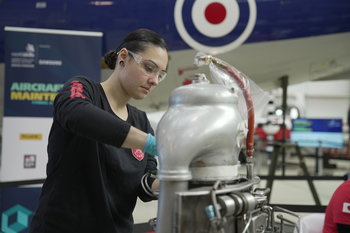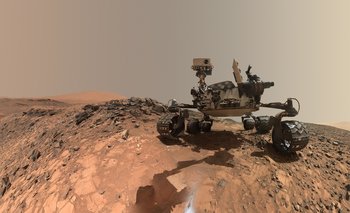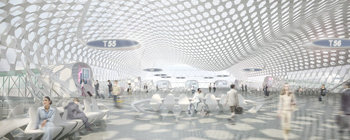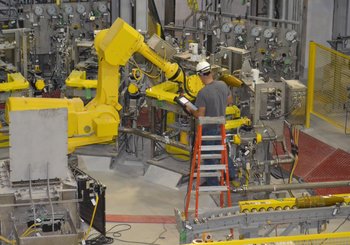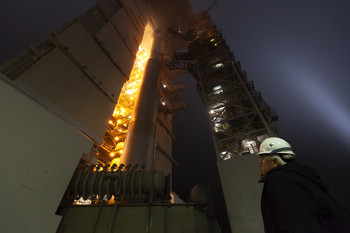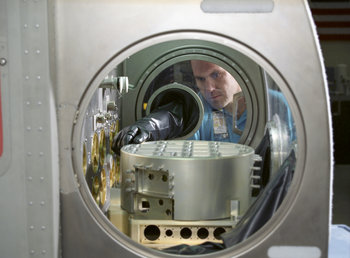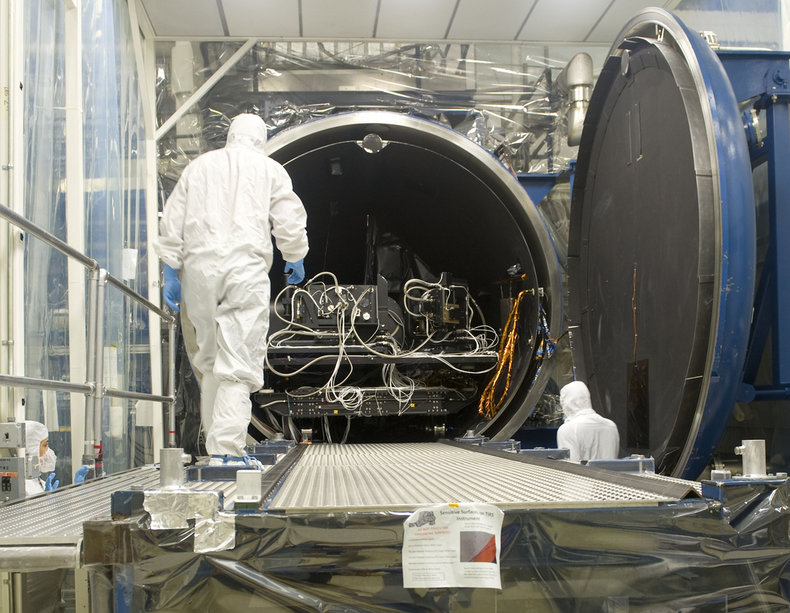
Energy
Modern energy infrastructure such as solar panels and battery systems.Agriculture
Agricultural technology such as seawater greenhouses that can use solar heating to distill fresh water and grow crops.Transportation
Advanced transportation technology such as high speed train or air traffic control systems.Smart Cities
Infrastructure for improving the quality of life and resilience of cities such as an earthquake warning system.Building Technology
Building technology such as the smart windows in an office building or cooling systems in a data center.Space
Basic systems, hardware and vehicles for supporting a space program.Telecommunications
Foundational networking and communications services and equipment at the scale that connects regions, nations and cities. For example, an internet backbone.Networking
Foundational networking services at the scale of an organization such as the routers and switches in a data center.Computing
Computing hardware such as computing units and data storage devices.Operating Systems
Foundational software for making use of hardware.Databases
Software for storing and using data.IT Services
Foundational IT services such as an API for determining the location of a device.Platforms
Environments for software services, systems and applications such as a cloud platform.Internet of Things
Physical things that are extended with internet services. Generally speaking, non-technology infrastructure such as bridges tend to become technology with time as they are improved. For example, a future bridge might be designed to defend itself from earthquakes by calculating and counteracting forces in real time.| Overview: Technology Infrastructure | ||
Type | ||
Definition | Foundational technology upon which the capabilities of nations, cities and organizations are built. | |
Related Concepts | ||




